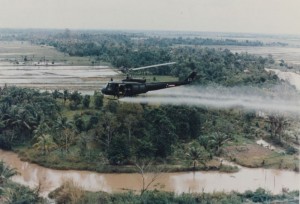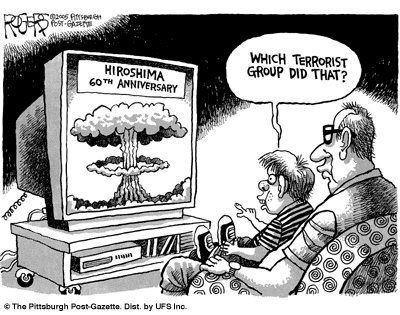In an editorial this week, the Washington Post displays incredible ignorance of US foreign policy. “When the Obama administration resumed military sales to the Persian Gulf nation of Bahrain in 2012,” the editors naively write, “it explained the decision as an effort to bolster moderate elements in the monarchy, whose Sunni ruling family has resisted demands for greater democracy from the mostly Shiite population.” Since the brutal Bahraini monarchy has continued abusing its citizens and rejecting democratic reforms, the Post wonders “whether the concession to a regime that has been a close U.S. ally paid off.”
It really doesn’t take a Master’s degree in international relations to know that the Obama administration had no intention of “bolstering moderate elements” in Bahrain. The Nobel Peace Prize winner continued giving money and arms to the Bahraini regime precisely so the movement for democratic reforms could be crushed. Common sense leads to this realization – since when does giving riot gear, tanks, helicopter gunships, and a million pounds of ammunition to dictators encourage moderation?
US support for Bahrain doesn’t bolster anything except US control of the Persian Gulf. The US Navy’s Fifth Fleet directs military operations in the Persian Gulf, Red Sea, and Arabian Sea and secures the Straits of Hormuz, through which 40 per cent of the world’s seaborne oil passes. It is one of the largest military forces in the region, with 40 vessels and close to 30,000 personnel. It also sticks in the craw of Iran, the primary bogeyman in the region – i.e., the one who doesn’t follow US orders.
But the Post, along with most in the media, can’t manage to utter the obvious, which is that Washington is interested in propping up dictatorships, not opening up societies with democracy and moderates. But at least the Post is complaining about some of the right things:
As Assistant Secretary of State Michael Posner reported in testimony to Congress’s Tom Lantos Human Rights Commission last week, the Bahraini government has continued to prosecute 20 leading political activists; “despite assurances to the contrary,” it obtained the conviction of nine medical professionals who treated opposition activists during demonstrations last year. The country’s best-known human rights activist, Nabeel Rajab, is serving prison time for a tweet that called for the resignation of the hard-line prime minister.
Security forces continue to employ harsh tactics to put down demonstrations in Shiite villages, including what a new report by Physicians for Human Rights calls the “indiscriminate use of tear gas as a weapon.” It said police regularly fire tear gas canisters “directly at civilians or into their cars, houses or other closed spaces” in an effort “not just to disperse crowds but to harm, harass, and intimidate the largely Shia neighborhoods that are home to many protesters.”






